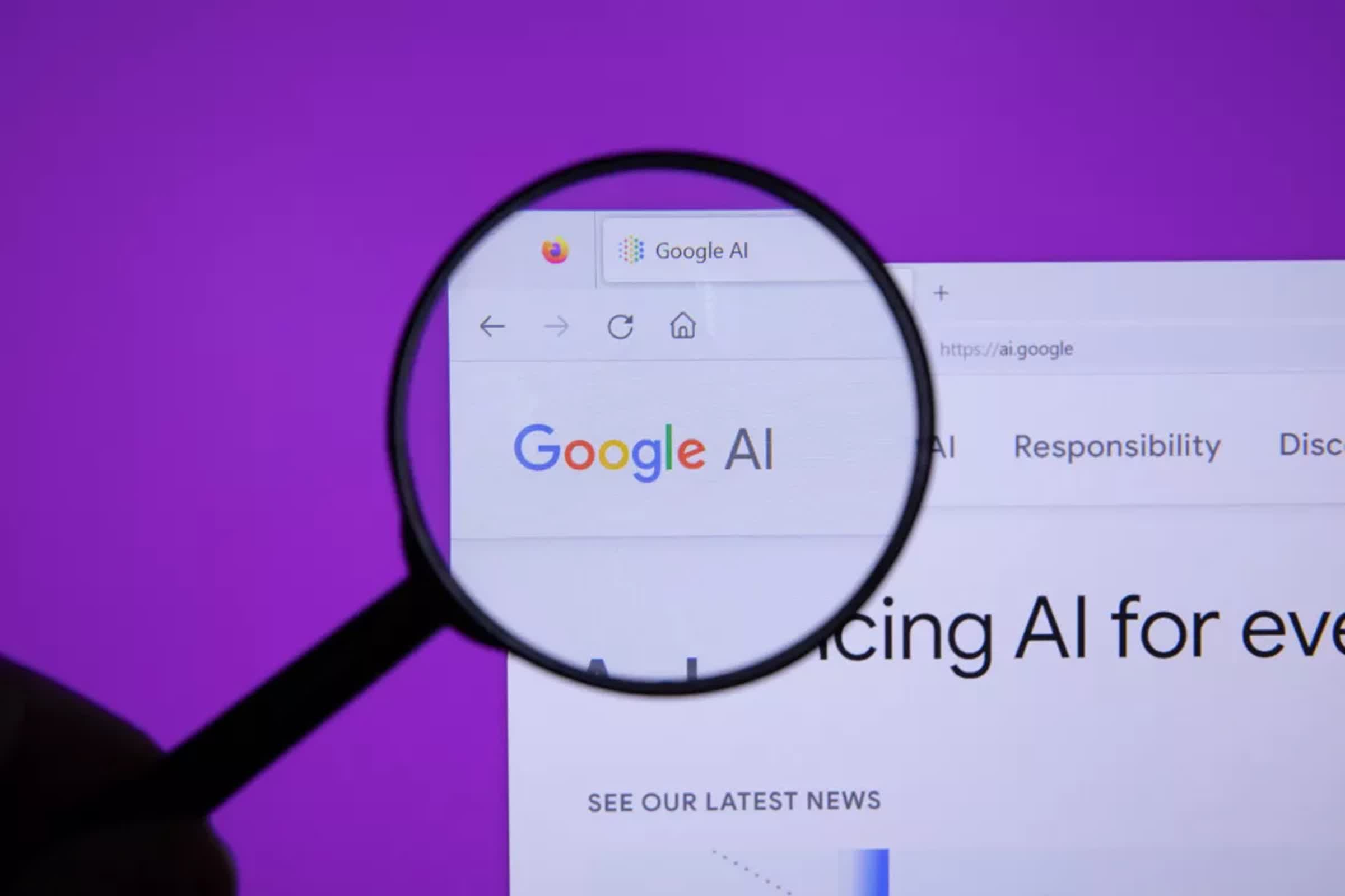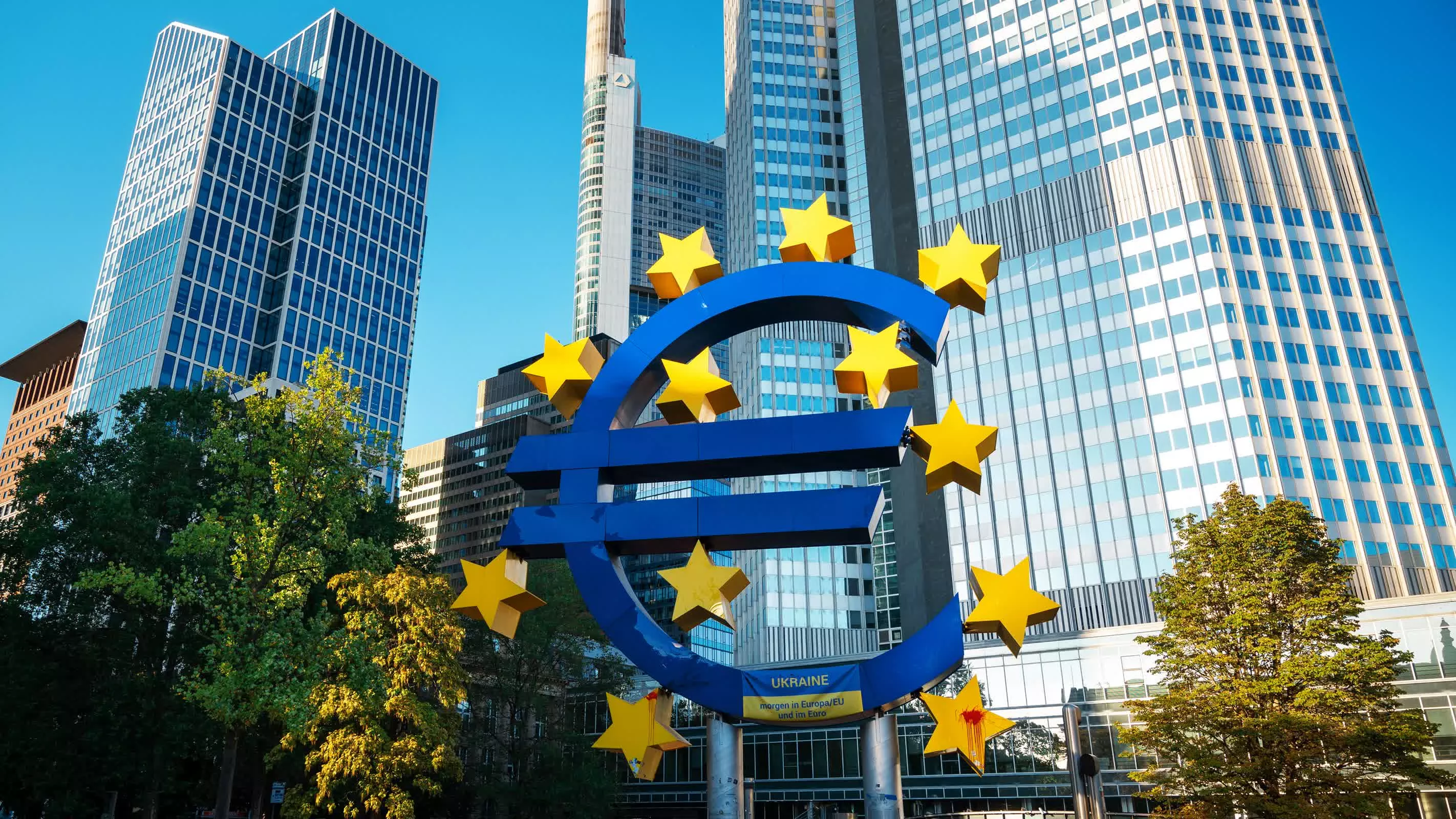A hot potato: AI Overviews, which are now available to users in more than 100 countries, appear at the top of Google's search results, offering AI-generated summaries above traditional links to relevant websites. Since May, Google has also begun displaying advertisements within these AI Overviews. As for the publishers whose content is used to build those summaries, they receive no direct compensation, nor do they have meaningful control over how their material is used.

Google is facing new scrutiny in Europe after a coalition of independent publishers filed an antitrust complaint with the European Commission. The complaint challenges the company's use of AI-generated search summaries, known as AI Overviews. Dated June 30 and reviewed by Reuters, the complaint alleges that Google's approach is significantly harming publishers by diverting web traffic, reducing readership, and shrinking their revenue.
Many argue that this practice undermines the value of original journalism by extracting information without attribution or benefit to the source, while simultaneously reducing the likelihood that users will click through to the original articles.
The Independent Publishers Alliance, a nonprofit group representing independent publishers, spearheaded the complaint. The group contends that Google's practice of placing its own AI-generated content at the top of search results unfairly disadvantages original reporting and content from publishers. "Google's core search engine service is misusing web content for Google's AI Overviews in Google Search, which have caused, and continue to cause, significant harm to publishers, including news publishers in the form of traffic, readership and revenue loss," the complaint said.
The complaint also highlights that publishers have no practical way to prevent their material from being used to train Google's AI language models or from being included in AI Overviews, unless they opt out of Google Search entirely – a move that would make their content invisible to users.
The European Commission declined to comment on the matter. However, the UK's Competition and Markets Authority confirmed it had received a similar complaint. The Movement for an Open Web, which includes digital advertisers and publishers, and the British nonprofit Foxglove Legal Community Interest Company, are also signatories to the complaint.

The groups are seeking an interim measure to prevent what they describe as irreparable harm to competition and to ensure continued access to news.
In response, Google defended its search practices. A spokesperson told Reuters that the company sends billions of clicks to websites every day and argued that the new AI features in Search "enable people to ask even more questions, which creates new opportunities for content and businesses to be discovered."
The spokesperson also said that claims about traffic loss are "often based on highly incomplete and skewed data" and added, "The reality is that sites can gain and lose traffic for a variety of reasons, including seasonal demand, interests of users, and regular algorithmic updates to Search."
Foxglove co-executive director Rosa Curling described the situation as dire for independent journalism. "Independent news faces an existential threat: Google's AI Overviews," she told Reuters. "That's why with this complaint, Foxglove and our partners are urging the European Commission, along with other regulators around the world, to take a stand and allow independent journalism to opt out."
The complaint in Europe follows similar legal challenges in the United Kingdom and echoes a recent lawsuit in the United States, where an educational technology company accused Google's AI Overviews of undermining the demand for original content and eroding publishers' ability to compete, resulting in falling numbers of visitors and subscribers.
Google's AI Overviews hit by EU antitrust complaint from independent publishers